The Dental Nightguard consists of plastic material upper and lower trays for a mouth. Nightguards are worn when a patient has a habit of unconscious night grinding of their teeth due to stress (bruxism). Plastic nightguards act as a thick barrier between the upper and lower teeth which helps to protect our teeth from extreme attrition. Do I Need A Dental Nightguard?
Those who have severe night grinding habits or stressed sleeping are advised to wear a dental nightguard to avoid severe sensitivity and tooth attrition. The nightguards prevent excessive force on the underlying teeth and bone. Without it the tooth can chip off, crack or fracture leading to loss of aesthetics and functionality in the long run.
There is scientific evidence stating that bruxism is a symptom of sleep apnea (difficulty in breathing). At night when you are unable to breathe the body will open the airway automatically as a reflex mechanism. This happens due to grinding of the teeth which tends to bring the lower jaw forward and open up the airway.
Most people grind and clench their teeth at night without their own notice. Intermittent grinding, medically called bruxism does not usually cause harm. But if grinding occurs routinely, then the teeth may be damaged along with other dental complications. This night grinding may be due to stress or anxiety or it could be caused by an abnormal bite, missing teeth, or sleep apnea. Mild bruxism may not require any treatment. In some cases, bruxism can be frequent and severe enough to lead to jaw disorders, headaches, crooked teeth, and other problems.
Because most bruxism cases are sleep bruxism and one may be unaware of it until complications develop, it’s important to know the signs and symptoms of bruxism and to seek regular dental care.
Causes of Night grinding or Bruxism:
- Stress and lots of stress
- Sleep apnea or night snoring
- Age: Most commonly seen in younger age groups which usually goes away by adulthood
- TMJ disorders such as clicking, deviation, derangement disorders, and pain increase the risk of grinding
- Airway obstruction or blockage in the sinus
- Personality type; aggressive, competitive, hyperactive nature increases the risk of grinding
Specifications of a Dental Nightguard:
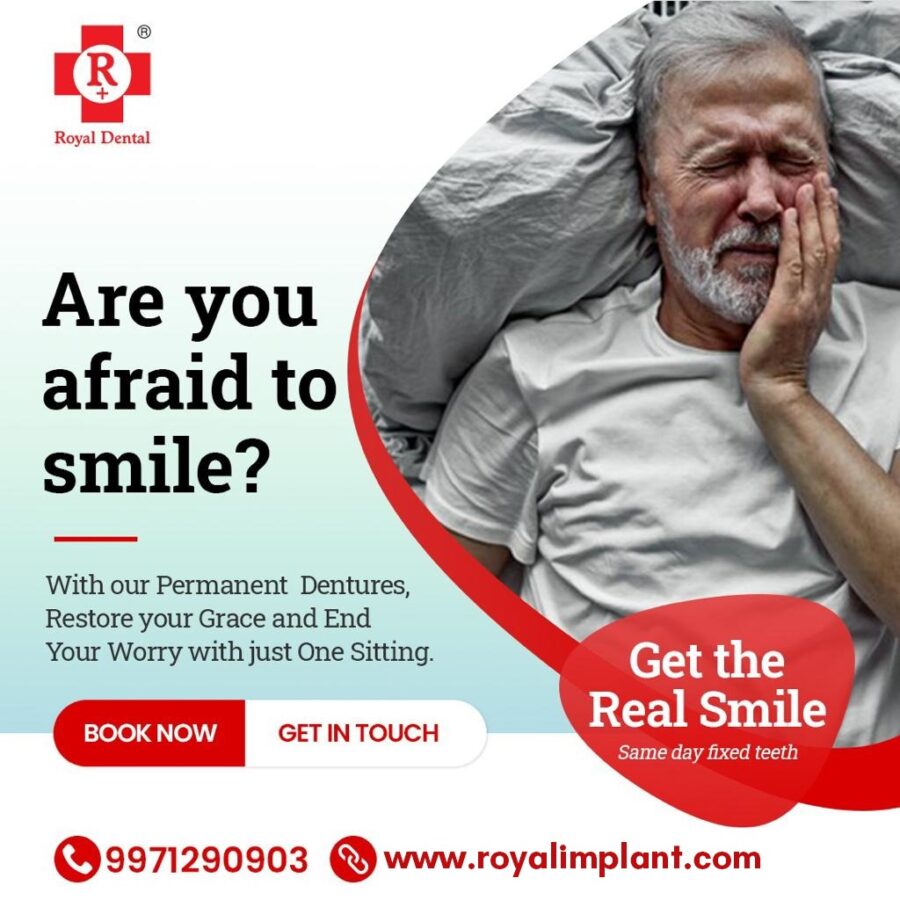
However, 2-3 mm is an ideal thickness for a nightguard for moderate to heavy grinding. Can be worn for a period of 2-5 years then requires change.
1 mm thick dental nightguard used for light teeth grinding and can be worn during the daytime. It’s to be worn for a period of 6 months to 2 years.
However, the thickness of the material can fade off with time. In such cases refabricating of night guards is done.
Leave Night Grinding without being Noticed!
A framework of SAPTEETH with SAPT.HIPC crowns over it is unique. SAPT.PEEK acts like a shock absorber and effectively dissipates the load. In- fact the flexural strength of SAPT.PEEK is similar to that of natural bone and hence it is very difficult to break. It only allows 4 % load to pass through. It acts like a cushion to the joint and jaw.
Is Nightguard the only solution for Bruxism?
Night guards can protect the teeth from significant damage, and may be a recommended treatment for bruxism. However, those who grind or clench their teeth at night should be screened for sleep apnea before being fitted for a night guard. Some experts actually recommend a sleep study for every bruxism patient, while others believe that a screening test is sufficient. If the patient turns out to have sleep apnea, then treatment of this disorder should take priority. If the patient doesn’t have sleep apnea, then a night guard will most likely be the best treatment for the patient’s bruxism.
A Nightguard after Sleep Apnea Treatment
Treating for an open airway will not only improve the patient’s general health and quality of life, but often will also stop or greatly reduce the grinding and clenching as well. Once the body no longer needs to push the jaw forward in order to breathe, then there will be no need for the body to activate a grinding response. In many cases, grinding will stop and a night guard will no longer be necessary once the sleep apnea has been addressed.
© All rights reserved by Royal Dental Implants Pvt Ltd
Issued in public interest

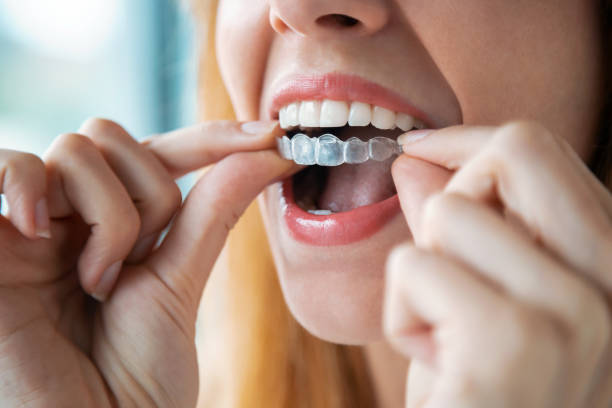
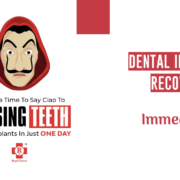

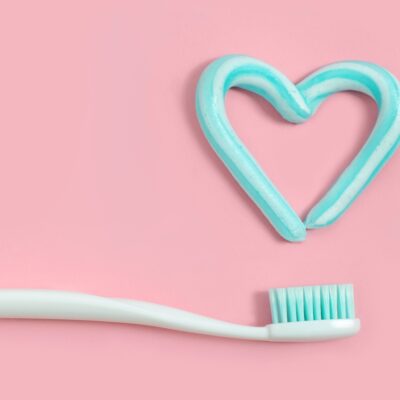

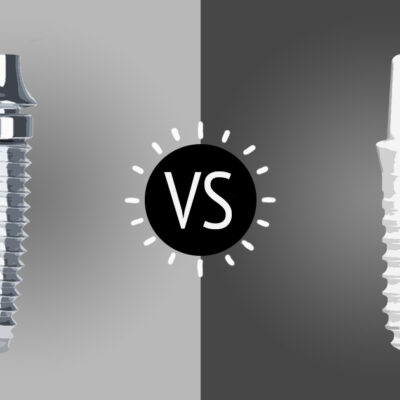
yes If you are teeth clenching, also known as bruxism, can negatively affect your oral health is important for you to understand. that why night guard is good option for our oral health..